Keeping your computer secure helps you avoid malware and direct hacking attempts designed to steal your personal information. Here are some ways you can help reduce your online risk when you use your computer at home.

Use a firewall
Firewalls prevent unwanted network traffic from entering your computer. Windows has a firewall already built in and automatically turned on.
Keep all software up to date
Make sure to turn on automatic updates in Windows Update to keep Windows, Microsoft Office, and other Microsoft applications up to date. Turn on automatic updates for non-Microsoft software as well, especially browsers, Adobe Acrobat Reader, and other apps you regularly use.
Use antivirus software and keep it current
If you run Windows, you have Microsoft Defender Antivirus or Windows Defender Security Center already installed on your device. Windows Update will download and install the latest security intelligence for Microsoft Defender Antivirus.
One tool that's included in Windows 10 or later (and available for download for earlier versions) is Microsoft Defender Offline. Microsoft Defender Offline runs outside of Windows to remove rootkits and other threats that hide from the Windows operating system or that other antivirus tools may have missed.
Make sure your passwords are well-chosen and protected
Passwords should be at least 12 characters long and not a simple English word. Consider using a phrase, or a movie quote that you enjoy. Never share your passwords with other people and if you think a password has been compromised, you should immediately change it.
Don't reuse passwords across multiple sites; if one site gets compromised the bad guys now have your password for every other site where you used it.
For more on this see Create and use strong passwords
Don’t open suspicious attachments or click unusual links in messages.
They can appear in email, tweets, posts, online ads, messages, or attachments, and sometimes disguise themselves as coming from known and trusted sources. Never click a link or attachment you weren't expecting, even if it appears to be from somebody you trust.
When in doubt, contact the sender directly to confirm the link or attachment was legitimate.
Browse the web safely
Avoid visiting sites that offer potentially illicit content. Many of these sites quietly install malware or offer downloads that contain malware. Use a modern browser like Microsoft Edge, which can help block malicious websites and prevent malicious code from running on your computer.
Stay away from pirated material
Avoid streaming or downloading movies, music, books, or applications that do not come from trusted sources. They may contain malware.
Don't use USB flash drives or other external devices unless you own them
To avoid infection by malware and viruses, ensure that all external devices either belong to you or come from a reliable source. Don't plug in devices you find just laying around somewhere, they may contain malware and have been deliberately "lost" by somebody hoping they'd be found and used.
Protect your personal information online
Your privacy on the internet depends on your ability to control both the amount of personal information that you provide and who has access to that information. Be wary not to "overshare" on social media, and make sure and set the permissions on personal posts so that only people you're directly connected to can see them.
Click here for more tips on how to protect your privacy on the internet
Protect yourself from scams
When you read email, use social media, or browse the web, you should be wary of scams that try to steal your personal information (also known as identity theft), your money, or both. Many of these scams are known as "phishing scams" because they "fish" for your information.
Protect yourself from phishing schemes and other forms of online fraud










